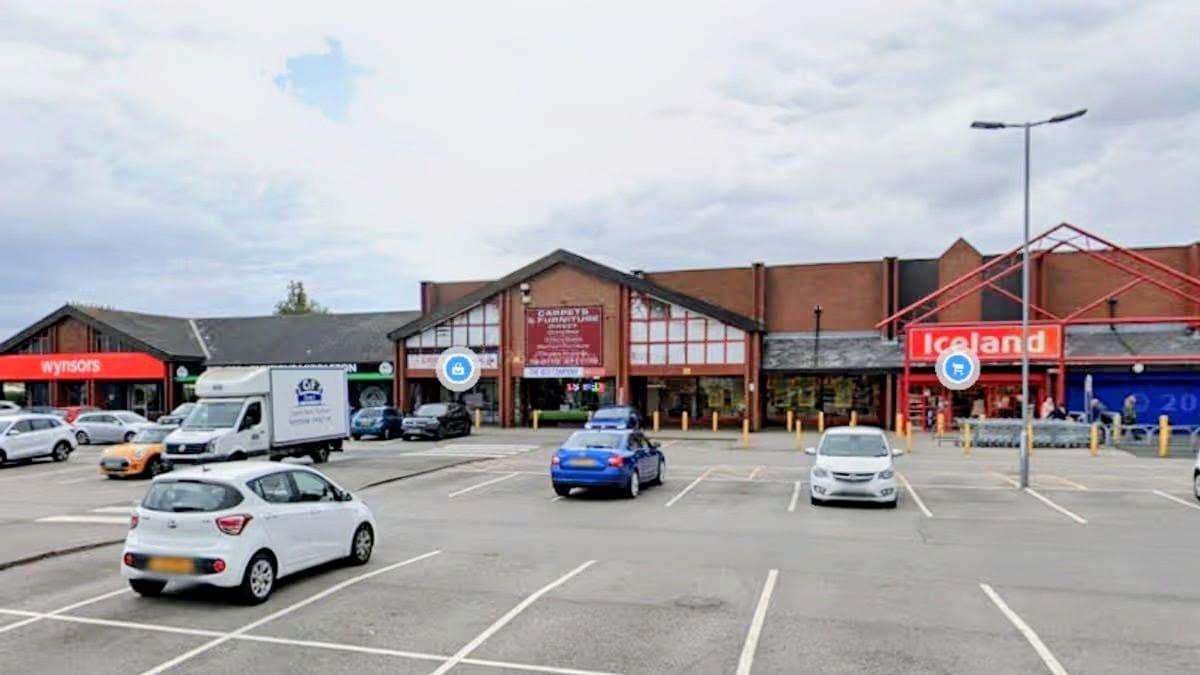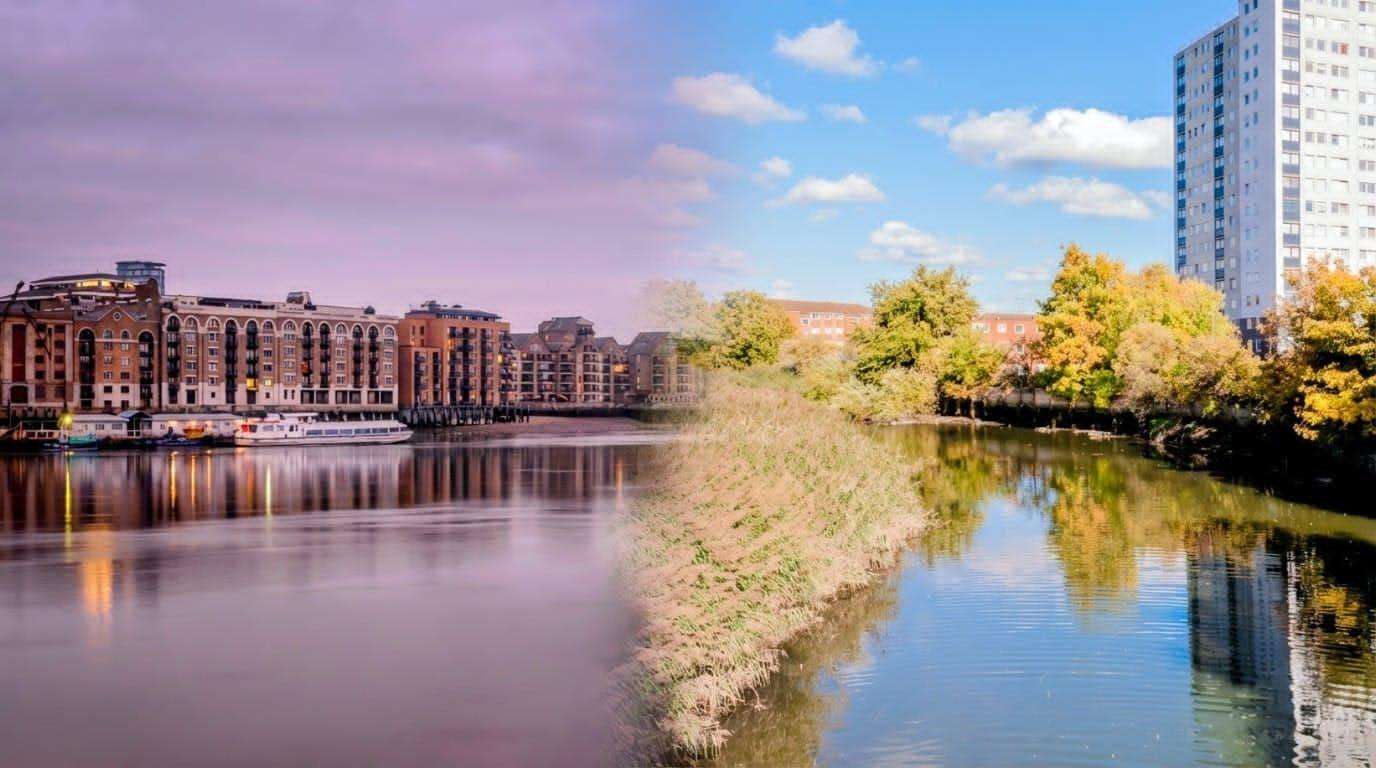Hundreds of asylum seekers are set to be relocated from nine hotels across England in the coming weeks, as the Home Office pushes forward with efforts to take control of the asylum system.
One of the sites being cleared is the Manor Hotel in Datchet, Berkshire—located just over a mile from Windsor Castle—following reports of local tensions and racism. Other hotels in areas like the West Midlands and Cheshire, which have reportedly been targeted by far-right groups, are also part of the plan.
The hotel in Datchet is one of nine that the government intends to vacate by July. Media reports have claimed that the small village, with a population of around 4,800, has been negatively impacted by the presence of asylum seekers at the 54-room hotel.
Those being moved out will be transferred to longer-term temporary housing, such as shared accommodation or flats, overseen by the Home Office.
The Labour Party has faced growing pressure from its backbench MPs to deliver on promises to reduce the asylum backlog. During the previous general election, Keir Starmer vowed to “end asylum hotels, saving taxpayers billions.”
A government official confirmed the hotel removals, noting that 13 other hotels had already been closed to asylum seekers earlier this year.
“We are finally addressing the disorder left behind by the Tories,” the source said. “We’re executing a sustainable plan to phase out the costly reliance on asylum hotels.”
Datchet frequently sees members of the royal family pass through on their way to Windsor Castle. Reports this week alleged that some Muslim asylum seekers had made racist remarks towards a Hindu shop worker in the village, who told The Times, “They abuse me because I’m from India and I’m Hindu.”
Meanwhile, a Daily Mail article from November quoted residents expressing a desire to move away, blaming the hotel for deteriorating conditions in the village. “I’ve listed my house for sale—I’ve had enough,” one resident said. “This used to be such a nice, safe village. Now it feels like it’s falling apart.”
However, not all locals share that view. Mo Tariq, a cafe owner in Datchet, defended the asylum seekers, saying, “If you talk to them, they’re polite and respectful. These men have come from very tough circumstances. They’re not criminals or bad people.”
“They’re not permitted to work, so they end up lingering around, and because of that, the locals see it as an eyesore,” Tariq told the Daily Mail.
Among the hotels being cleared is the Coventry Hill Hotel, which can accommodate 319 people and has faced repeated far-right protests. In one incident, James White was convicted of assaulting a security guard during a Britain First demonstration there in August 2020.
Another property marked for closure is the 425-capacity Britannia Daresbury Park Hotel near Warrington, Cheshire. In 2020, members of Britain First forced their way into the hotel, filming asylum seekers—many from Sudan and Iraq—huddled in cramped conditions.
Additional hotels that will no longer be used for housing asylum seekers include:
-
Best Western Cambridge Bar Hill Hotel, which has hosted up to 272 people,
-
Icon Hotel in Luton, Bedfordshire,
-
Dorchester Hotel in Hull (78-capacity),
-
Embassy Hotel in Gateshead (80-capacity),
-
EasyHotel in Hillingdon, west London,
-
and a yet-to-be-named hotel near King’s Cross in central London.
BBC data revealed that 213 hotels were being used for asylum seekers during June’s general election campaign. Although that number briefly dropped, it rose again to 218 in December.
According to a Home Office source, the planned removals are now possible due to faster processing of asylum claims, increased deportations, and a more efficient use of accommodation resources.
“We’re tackling a backlog that nearly came to a standstill under the previous government,” the source said. “Over 20,000 people with no legal right to remain have been removed.”
The source added that the department is cutting down on hotel usage by shifting to more affordable housing options and optimizing the existing system, particularly by creating extra capacity in family accommodations.
So far this year, nearly 7,000 asylum seekers have crossed the Channel in small boats. In 2024, a total of 36,816 individuals were detected making the perilous journey.



.jpeg)




.svg)


